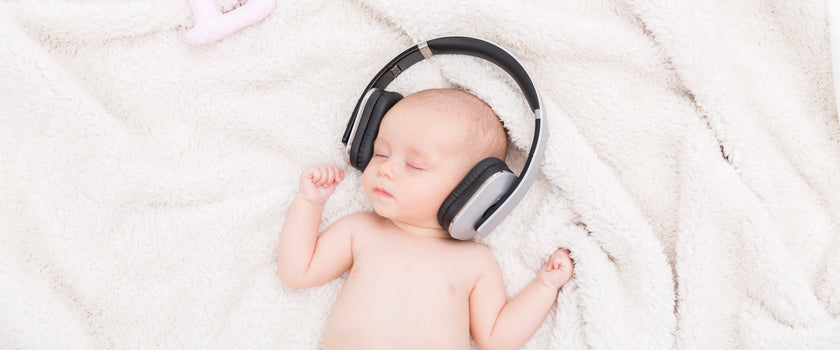Music and mental development of the infant: proof by magnetoencephalography!
A neuro-scientific team from Seattle was interested in the influence of music on the electromagnetic activity of the brain in the infant. A population of 36 babies aged 9 months was divided into 2 equal groups.
- The first group was exposed for 4 weeks to 12 sessions of music exhibition in the form of children's songs.
- The second group served as a witness: the babies certainly enjoyed, like the others, small games of awakening adapted to their age. On the other hand, they had no right to music.
When a new sound stimulation is applied, it gives rise to a specific wave: Mismatch Response (MMD). This MMD reflects the attention and learning effort of the baby in which it is recorded. It is significantly more extensive and lasts longer among young subjects exposed to music than those in the control group. This electrical phenomenon concerns the temporal areas, privileged place of treatment of the sound information and participates in the processes of attention and learning.
With a slightly different protocol, we find it in the cerebral areas of language and prefrontal areas involved in the development of logical reasoning. Beyond musical capacities, the exposure of a 9-month-old to music seems to favor the development of language, learning abilities and the ability to reason.
The virtues of the traditional lullaby are therefore not limited to their ability to put the child to sleep, but probably contribute to his good intellectual development. The Seattle team is considering continuing the study over the long term to see if the observed benefits persist over time.
Source: T.Christina Zhao and Patricia K. Kuhl (2015) "Musical intervention enhances infants' neural processing of temporal structure in music and speech PNAS 113 (19) 5212-5217
